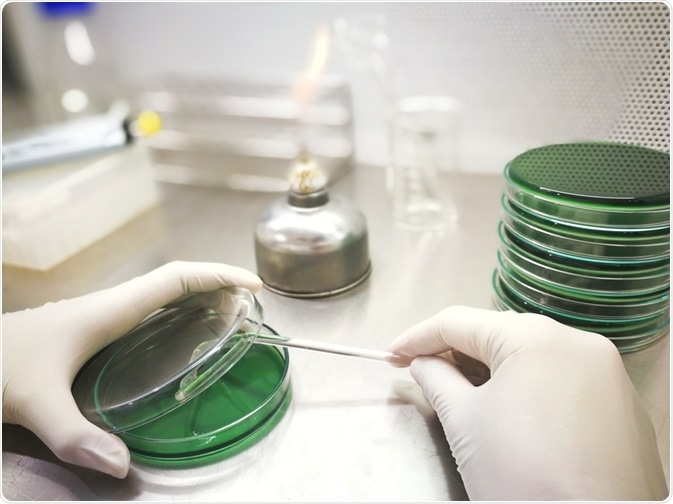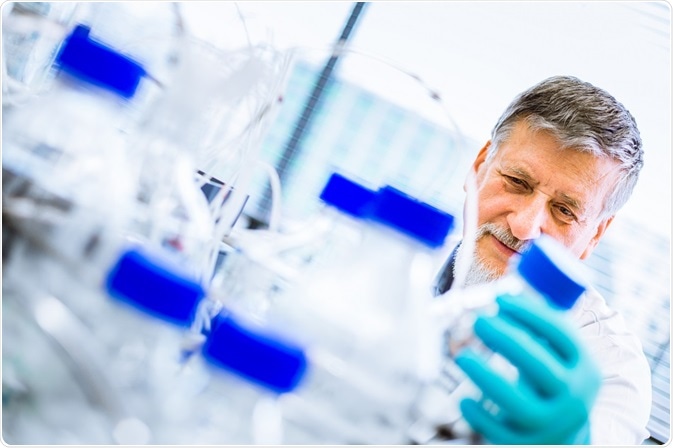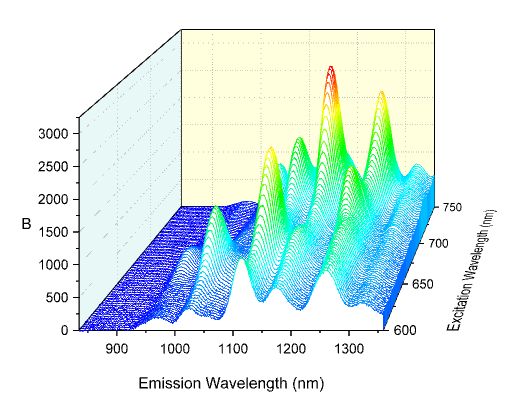 OPERATION, CALIBRATION, TROUBLESHOOTING AND PRACTICE MAINTENANCE.jpg)
 OPERATION, CALIBRATION, TROUBLESHOOTING AND PRACTICE MAINTENANCE.jpg)
By the end of this course delegates will be able to:
The course is designed for chemists, lab technicians, chemical engineers, instrument engineers and lab supervisors/managers
This interactive Training will be highly interactive, with opportunities to advance your opinions and ideas and will include;
CDGA attendance certificate will be issued to all attendees completing minimum of 80% of the total course duration.
| Code | Date | Venue | Fees | Register |
|---|---|---|---|---|
| LAB128-02 | 03-05-2026 | Muscat | USD 5450 | |
| LAB128-03 | 23-08-2026 | Jeddah | USD 5450 | |
| LAB128-04 | 06-12-2026 | Dubai | USD 5450 |

What does it mean to be a scientist or technician in a laboratory? Why do laboratory staffs ask questions such as what is that substance and why does it react that way? Since the beginning of time, m ...
 OPERATION, CALIBRATION, TROUBLESHOOTING AND PRACTICE MAINTENANCE.jpg)
The purpose of this course is to provide advance training in gas chromatography techniques and demonstrate their application to practical industry and laboratory problems. The course covers: major com ...

This course is designed to integrate the various aspects and techniques within the field of separation science. We will cover theory, instrumentation, and practice of modern separation techniques incl ...

One of the most important separations, qualitative and quantitative technic is chromatograph, It is need time to gain experience in this field of analysis so, training is very effective to help traine ...
 & MOLECULE IDENTIFYING.jpg)
Spectroscopy has become an important tool in chemical analysis to identify unknown molecules. This course will serve as an introduction to UV, IR, NMR and MS-spectroscopy and their applications in ind ...

Since the scientist have needed to know the identity and quantity of the materials with which they are working. Consequently, the development of chemical and physical analysis parallels the developmen ...
Providing services with a high quality that are satisfying the requirements
Appling the specifications and legalizations to ensure the quality of service.
Best utilization of resources for continually improving the business activities.
CDGA keen to selects highly technical instructors based on professional field experience
Since CDGA was established, it considered a training partner for world class oil & gas institution
3012, Block 3, 30 Euro Business Park, Little Island, Co. Cork, T45 V220, Ireland
Mon to Fri 09:00 AM to 06:00 PM
Contact Us anytime!
Request Info